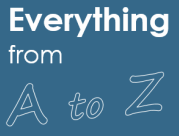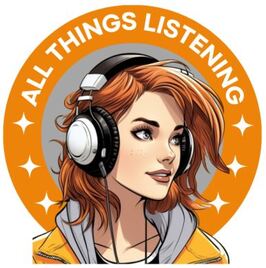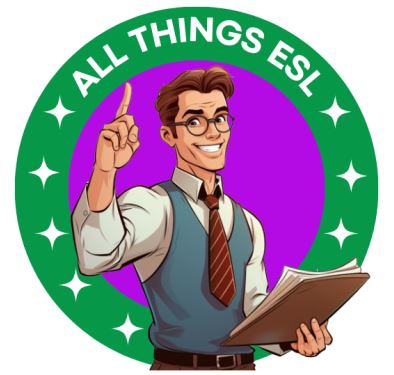most students are familiar with crosswords.
They can signal a fun break from the usual routine
of your class – and at the same time act as a
valuable learning tool.
Below are seven practical tips ‘n’ tricks for using
them with your learners.
1. Make the crossword easier by allowing your learners
to use reference materials. For example, if they are
completing an irregular past tense crossword, consider
allowing them to use a grammar chart with a list of past
tense verbs.
2. Make the crossword easier by helping your learners with
all the ‘Across’ words. Then, let them complete all the
‘Down’ words on their own.
3. Make the crossword easier by acting out the clues.
For example, with Present Continuous Crossword clue
#4 Across (‘I’m … a ball at the park.), you can tap into your
inner actor and mime the word ‘kicking’.
4. Make the crossword easier by writing all the answers
(or perhaps just the ‘Across’ words) on the board – but be sure
to write them in random order.
5. Make the crossword into a competitive game by
enlarging and printing out two copies of it to paste on
opposite sides of the classroom. ‘Team A’ is responsible
for completing all the ‘Across’ words, while ‘Team B’ tries
to complete all the ‘Down’ words. And, yes, team members
may run over to the other team’s crossword to ‘steal’ looks
at their progress (this will offer letter clues for their own
team)! The first team to finish is the winner.
6. Checking answers Project the answers if you have a
projector, and let your learners check their own work.
Otherwise, print out a few crossword answer keys and let your learners check their answers in small groups. Quickly writing them down on the board under an ‘Across’ column and a ‘Down’ column is another possibility - I've tried that - but it's a lot of extra work for you. Checking answers verbally will use up too much valuable class time.
7. Finally, don’t forget to set a reasonable time limit for a
crossword activity (about 15-20 minutes for a typical
grammar crossword on this site). It’s not advisable to wait
for every single one of your learners to finish, especially when
a few of them may never get the correct answer to that
last difficult ‘Down’ or 'Across' word.
Check back each month for more '100 Best Practices with All Things Grammar'.
Next time: '6 Best Ways to Use Grammar Quizzes'






